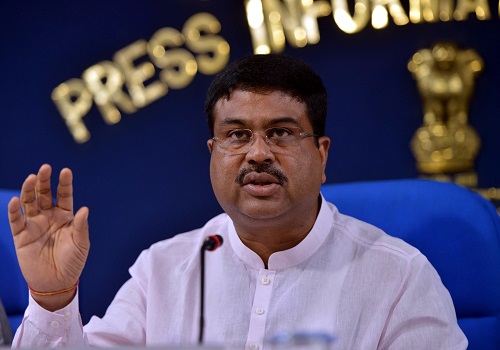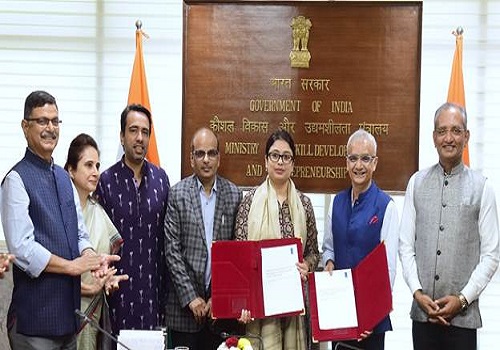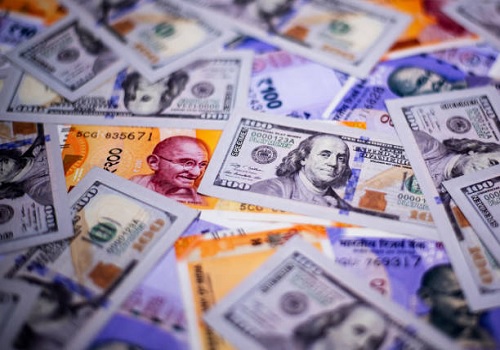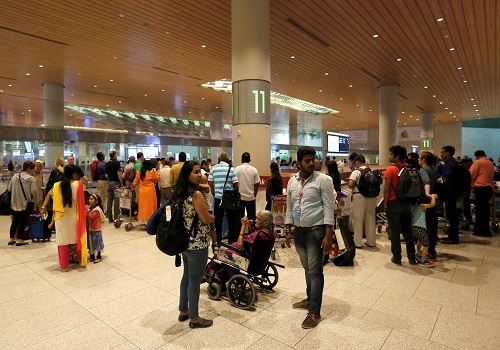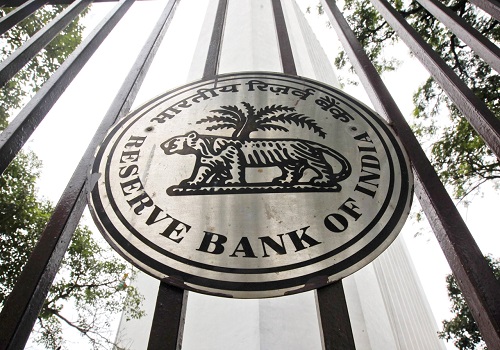Assessing impact of the second COVID wave on the Indian economy By Sanjeev Sanyal, Ministry of Finance
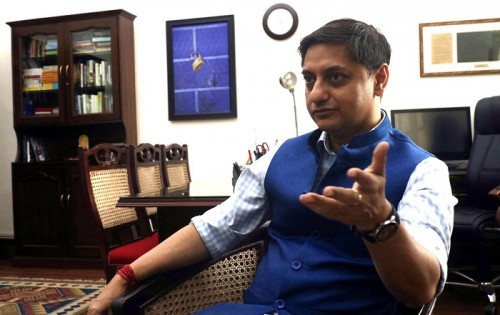
Follow us Now on Telegram ! Get daily 10 - 12 important updates on Business, Finance and Investment. Join our Telegram Channel
Below are Views On `Assessing impact of the second COVID wave on the Indian economy` By Mr. Sanjeev Sanyal - Principal Economic Advisor, Ministry of Finance
We hosted Mr Sanjeev Sanyal for an interaction, where he shared his views on the ongoing developments in the economy and impact of the second COVID wave. He believes that the key monitorable would be impact on consumer demand and their overall spending psychology as a result of the shock felt, especially by the Indian middle class.
Inflation, in the second wave is more key to watch due to cost pressure, unlike the first wave where temporary supply-side disruptions were the key driver. As for the fiscal support, or the lack of it by the central government, focus is on pursuing levers already in play (measures such as Infrastructure spending, PLI, and credit guarantee schemes announced by it during the first COVID wave) and to ensure they aren’t disturbed due to ongoing disruptions.
He added that the government is aware of the impact on stressed sectors (referring to the Travel, Tourism, Hospitality, and Entertainment sectors) and it will take that into consideration. Another highly debated topic Mr. Sanyal touched upon was the GST compensation cess to state governments. The shortfall in GST revenue will be compensated through GST compensation cess only. He reasoned that COVID-19 disruptions would have caused a shortfall, irrespective of the fact that India has shifted to the GST regime.
Let us now discuss these in detail:
Ability to deliver public health solutions is a state subject…
* State governments should take the responsibility of containing the second COVID wave, as there is a lot more information available about the virus (spread, cure, etc.) compared to the first wave. The ability to deliver health solutions at the local level and a vast majority of public health systems is in the hands of the state government.
* National lockdown is an economically expensive process, and it cannot be undertaken in every round. The central government didn’t have a choice during the first COVID wave, no matter what the cost was. There are still certain areas such as vaccination (distribution, maintaining protocol of supply, etc.), which is being coordinated by the central government
…and the central government is trying to get the levers already in play going
* Mr. Sanyal feels the government’s focus is on pursuing the levers already in play (measures such as Infrastructure spending, PLI, and credit guarantee schemes announced by it during the first COVID wave) and to ensure they aren’t disturbed due to the ongoing disruptions. If necessary, he feels the government is ready to extend measures such as credit guarantee schemes. The government’s criterion, he said, is not to rush into announcements.
* He added that the government is aware of the impact on stressed sectors (referring to the Travel, Tourism, Hospitality, and Entertainment sectors) and it will take that into consideration.
Impact on consumer demand is going to be a source of concern going forward
* Much of the economic impact was felt in the Apr-May’21 period because that’s when the states started imposing lockdowns. Mr. Sanyal feels the impact of localized lockdowns will be much less severe v/s last year.
* According to him, a more worrying concern this time around is the impact on consumer demand and overall spending psychology of the consumer as a result of the shock felt, especially by the Indian middle class.
* The evolving cost-push inflation (caused due to economic revival witnessed in Oct’20 to Feb’21 and higher energy prices), rising unemployment, and battered Hospitality/Tourism sector are areas which need attention
Shortfall in GST revenue will be compensated through GST cess
* Mr. Sanyal reiterated that the shortfall in GST revenue will be compensated through GST compensation cess only. He reasoned that COVID-19 disruptions would have caused a shortfall, irrespective of the fact that India has shifted to the GST regime. According to the GST Council, the shortfall would be paid through the GST compensation cess and not directly by the central government. If the funds in the cess pool run short, the Council said funds can be borrowed to compensate states. What the central government can and is doing best is to provide guarantee for that borrowing.
What’s on the bright side?
* According to Mr. Sanyal, the situation is not all gloomy. Most Construction work is still going on, which is evident from the good demand for inputs such as steel and cement. India’s export order book is also doing very well.
Other points of discussion
* Impact of COVID-19 on MSMEs: Rather than assess the impact on the economy size-wise, he feels one should look at it sector-wise as the problem has been by sector, not by size. For instance, both large and small Hotels have been affected.
* Excise duty on diesel and petrol: It’s a political call and the government is looking at it. It is aware about the trade-off between revenue (excise duty collection) and inflation (on account of high energy prices).
To Read Complete Report & Disclaimer Click Here
For More Motilal Oswal Securities Ltd Disclaimer http://www.motilaloswal.com/MOSLdisclaimer/disclaimer.html SEBI Registration number is INH000000412
Above views are of the author and not of the website kindly read disclaimer



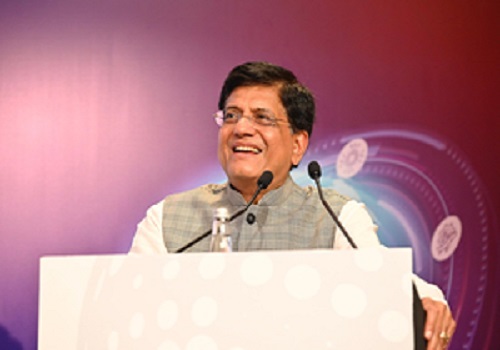

.jpg)




Tag News
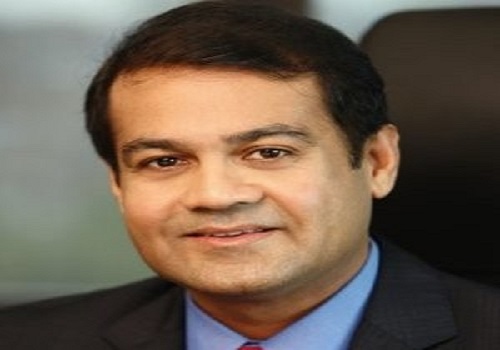
We anticipate immense potential benefits from the upcoming Sovereign Gold Bond Tranche in FY...






